10 Questions to Ask Before Buying Homeowners Insurance
Did you know that 85% of homeowners have insurance? Homeowners’ insurance helps to ensure you’re covered for unpredictable disasters.
While shopping for home insurance may not be fun, knowing what coverages you need allow you to ask the right questions to make sure you choose the right insurance company and coverage.
The best questions to ask when shopping for homeowner’s insurance?
Here are ten common homeowner’s insurance questions answered for you, so keep reading to learn what you should ask before purchasing anything.
1. How Much Is Homeowners Insurance?
Perhaps one of the most commonly asked questions will be how much the homeowner’s insurance is going to cost. Finding out how much you’ll need to pay will be important for household budgeting.
The cost of your insurance will vary depending on your zip code, the age of your property, risk factors and your insurance score together with underwriting variations that apply.
2. What Does Homeowners Insurance Cover?
Your home insurance will cover you for a variety of things. Your policy should include:
- Dwelling cover: This covers the physical structure of your home based on either a Replacement Cost Value (the amount needed to replace your property to its pre-loss condition or Actual Cash Value (the value of the property at the time of the loss holding back depreciation).
- Personal Property Cover: This covers your belongings in the home.
- Liability Cover: This covers any injury to anyone when they’re in your home.
- Additional Living Expenses: This includes additional living expenses that might arise should you be displaced from your home (for example if you have fire loss, or a roof claim with an opening in your roof during a rainy season) the policy covers a certain amount to reimburse you for those extra expenses to live outside of your home while you make your repairs.
Some insurers may offer other levels of coverage in addition to this.
3. Do I Really Need Homeowners Insurance?
If you have a mortgage, you are required by your lender to have homeowners insurance in at least the amount of the mortgage.
If you own your home outright, it’s up to you to decide whether you want to take out insurance. Although, because life is unpredictable and your home is generally the largest item you purchase it’s advisable that you have a policy to protect your property.
4. Does Homeowners Insurance Cover Floods?
Flooding is usually not included in your insurance policy. There are usually separate policies that cover floods. Other perils that may not be covered by a standard policy include intentional damage, nuclear explosion, or war.
5. What Is Liability Coverage?
Standard home insurance policies include liability coverage. This means that you’re covered if a visitor to your home is injured. It also covers you if a child damages your neighbor’s property while they are playing.
6. Will I Pay More for Home Insurance on an Older Property?
From your insurer’s point of view, the older your property is, the greater the risk will be of sustaining damage to structures or fixtures. For this reason, insuring an older property will cost more than if your home was new.
Shop around for an insurer that meets the needs of your specific property. For instance, if you have a screened in patio you will want the screen structure to be insured.
7. What Is ALE?
When your home is uninhabitable due to damage, you may have to stay in a hotel or rent a similar property to the one that is damaged. This is where additional living expenses (ALE) coverage comes into play. Your policy will cover these expenses up to a specific amount that you should know when first applying for an insurance policy.
8. Is It Acceptable to Settle for Basic Home Insurance Coverage?
There’s nothing wrong with only having the basic coverage. However, the less insurance coverage you have the lower the chances of rebuilding damage to your home. You should prepare to spend out-of-pocket if needed.
9. Does My Insurance Cover My Shed?
If you have a shed you should ask about having the shed or “other structures” covered in your policy.
10. What Happens If I Sell My House?
Your insurance is specific to the home you're living in. So, if you sell your home, the policy will not apply to another property. You will need a new policy and should cancel your current policy at or after the closing to be reimbursed an amounts that are over the date of sale time.
Asking the Right Homeowners Insurance Questions
It is essential that you understand what you need in your policy and ask the right homeowners insurance questions.
If you find yourself dealing with a home insurance company that doesn’t meet the amounts you need after a loss or the insurance company delays, denies or underpays your claim and does not allow you to place your home in its pre-loss condition property you may need to hire a property damage lawyer to help you.
For more information on the legal services we offer, or to hire a property damage lawyer, get in touch today.
‹ Back



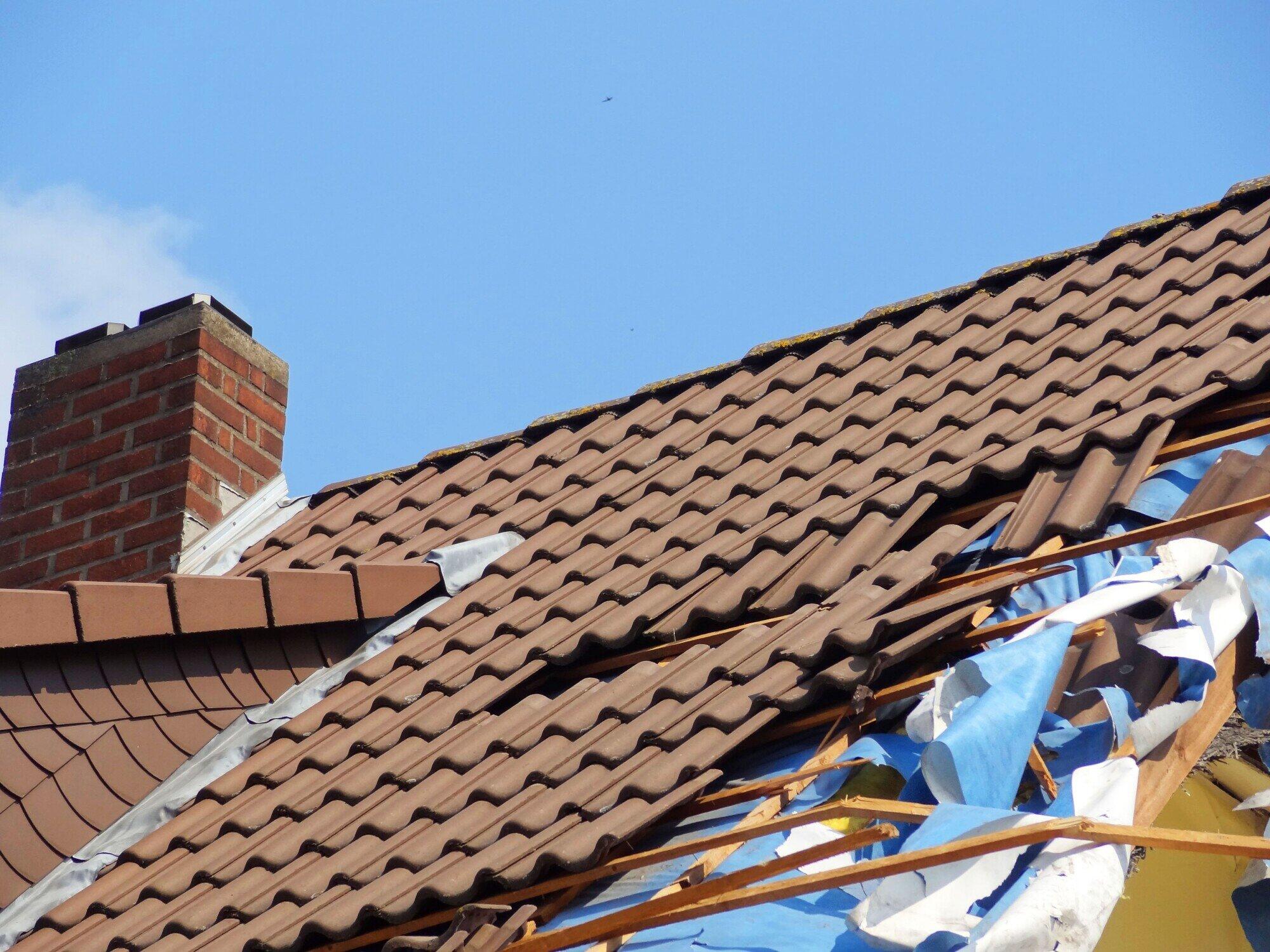
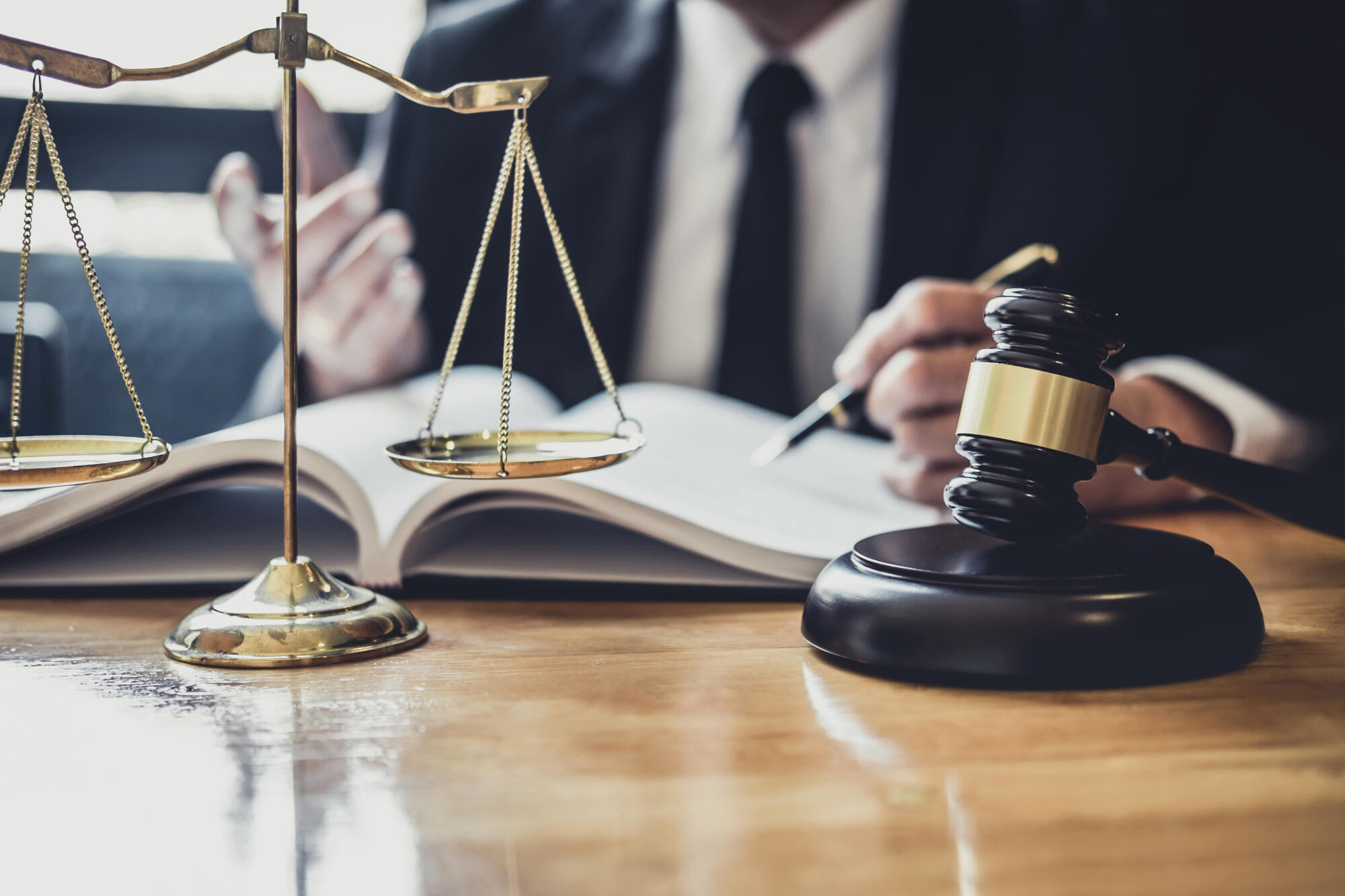
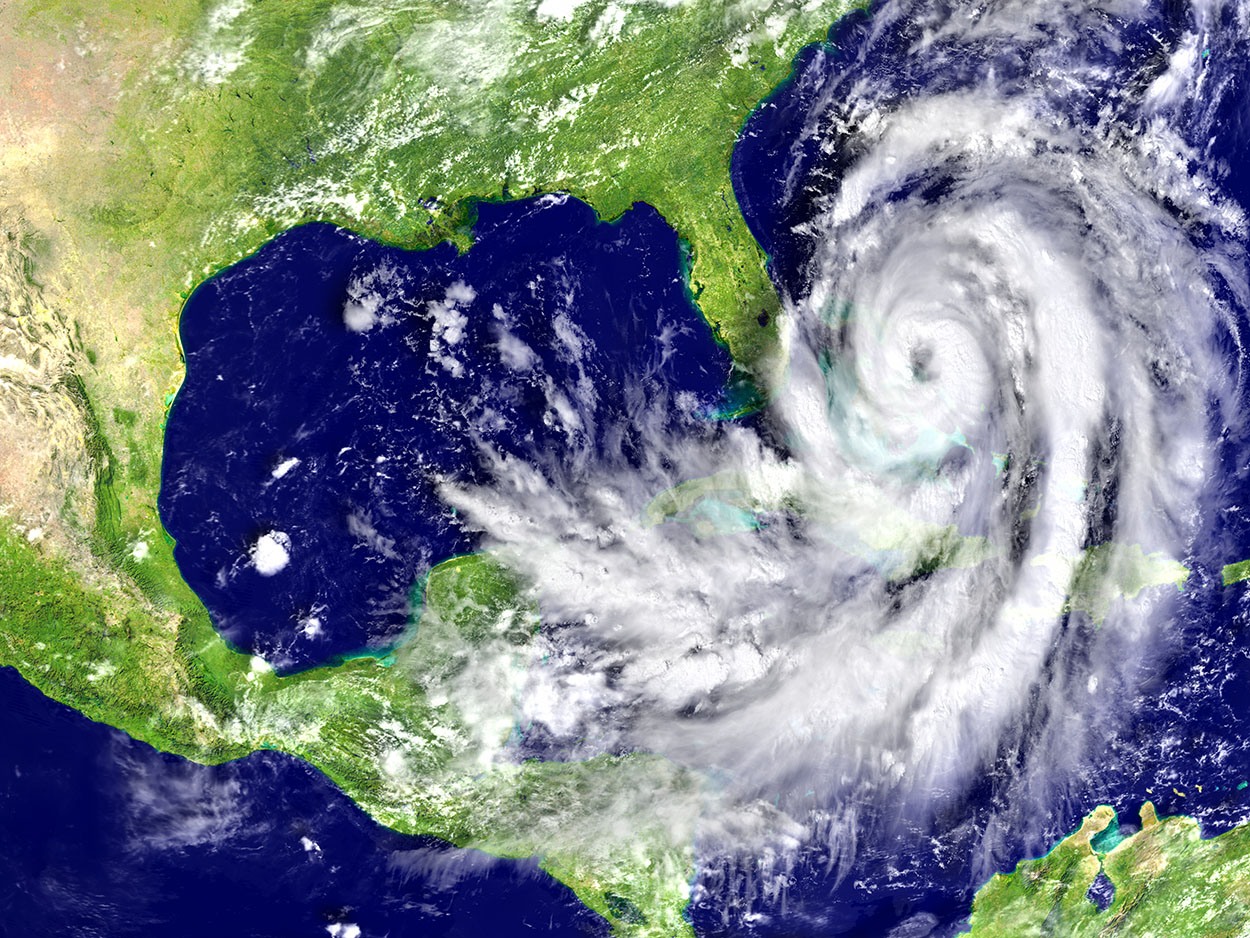
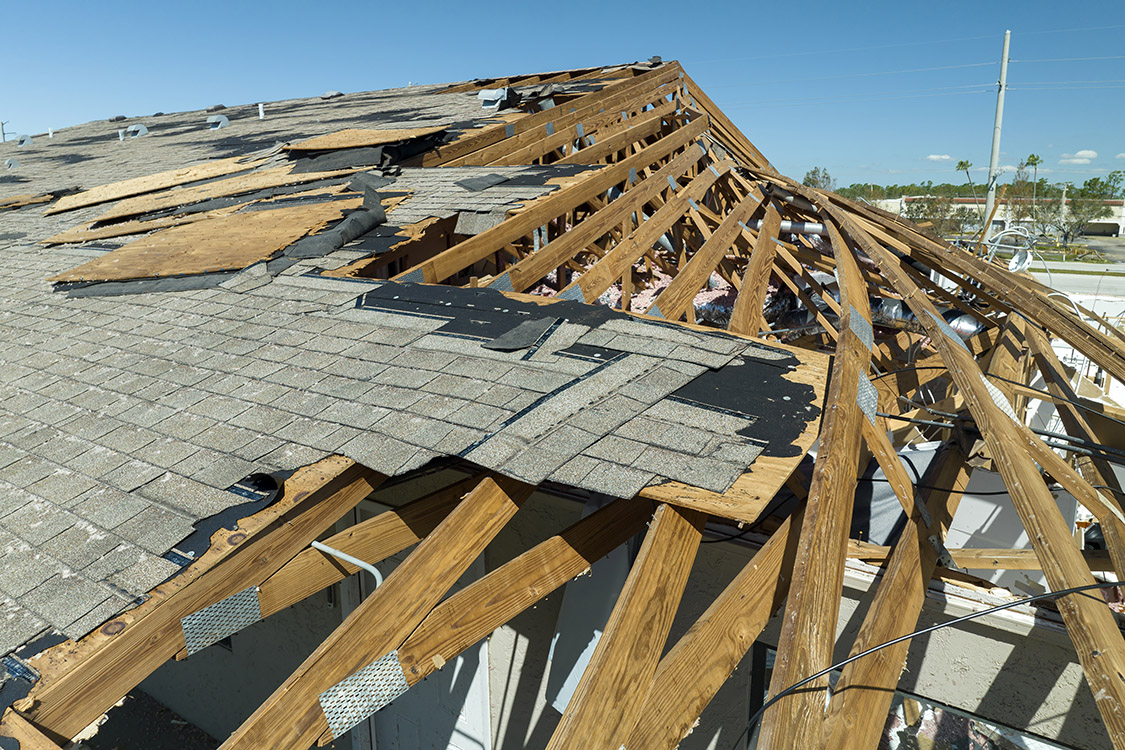
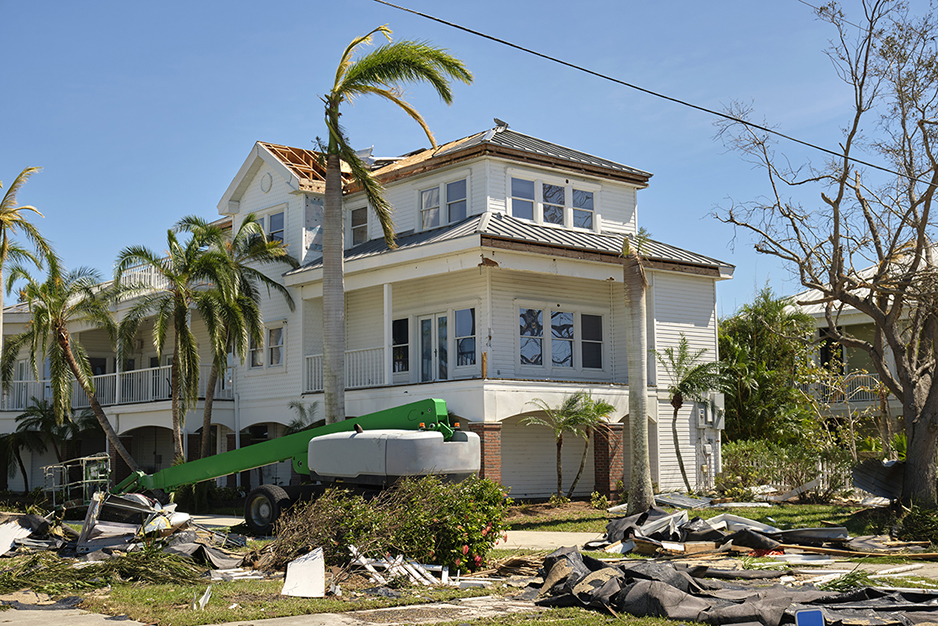


Comments